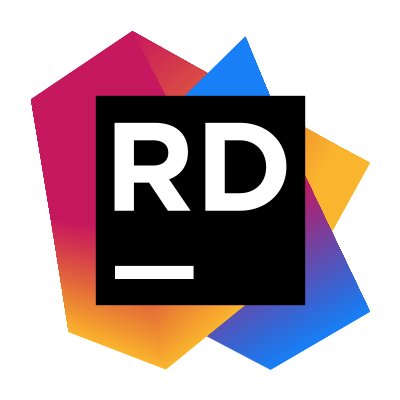| JetBrain's Project Rider Cross-Platform IDE |
| Written by Nikos Vaggalis | |||
| Tuesday, 29 November 2016 | |||
|
Project Rider, JetBrain's new cross-platform IDE brainchild for coding in most languages used in .NET development, has been made available for a second round of EAP (Early Access Program). In contrast to the closed and private EAP six months ago, this one has been made public and accessible to everyone within just a click's reach with no questions asked, and no need to fill web forms with personal details.
I Programmer covered Rider's initial launch back in January, and found that it was an intriguing project bringing together a number of versatile components. But what is meant by that? As far as Rider's front end goes, it is based on the IntelliJ platform and written in Kotlin, a language JetBrains wrote for its own in-house needs. Kotlin turned out so 'pragmatic' that close to ten JetBrains products, including Rider, IntelliJ IDEA and YouTrack are now using thousands of Kotlin lines of codebases. Therefore, Kotlin is the first element that grants Rider cross-platform capabilities, since as a programming language for the JVM it can also run anywhere where Java works, and that is everywhere... The second part powering up Rider is Resharper, JetBrain's most famous code analysis and re-factoring plugin for Visual Studio. In this instance it assumes a lonely role, living in a process of its own and communicating with Rider through a propriety binary protocol in order to handle the language support. Thus as a side-effect, Rider has also been made capable of running ReSharper plugins, just as in the case of the resharper-unity one which adds Unity specific functionality to it. Resharper therefore, written in C# and running on .NET and Mono, is the other component that grants cross-platform capabilities to Rider. So, putting it all together, JVM, .NET, Mono, Resharper and Kotlin all have to live together in harmony in order for Rider to exist - that's why you see a mix of .jar and .dll files flying by during Rider's installation. As far as the IDE itself is concerned, it strongly resembles Android Studio, no coincidence since they both are based on JetBrain's IntelliJ IDE construction platform.
As such, it has everything a modern IDE should posses :
....and much more
Rider will also load standard .NET Framework or Mono projects, understand Visual Studio .sln files, and support, albeit limited for the time being, working with Xamarin solutions. Of course it goes without saying that it also supports .NET Core projects. With all that, why would you opt for Visual Studio instead? Missing cross-platform support on VS behalf aside, plus the feeling that Rider performs faster than VS too, it all comes down to preference and familiarity. If you're used to the IntelliJ family of IDE's, the likes of Android Studio or IDEA, then you'll feel right at home, shifting the workflow patterns from those IDE's onto Rider.
|
PyTorch Team Introduces Cluster Programming 04/11/2025 The developers of PyTorch have introduced Monarch, a distributed programming framework that can be used to program distributed systems in the same way you’d program a single machine. |
Swift SDK For Android Now In Preview 25/11/2025 The Android workgroup has announced nightly preview releases of the Swift SDK for Android. The Android workgroup is open group, free for anyone to join, that aims to expand Swift to Android. |
More News
|
Comments
or email your comment to: comments@i-programmer.info


 Android Studio vs Rider
Android Studio vs Rider
